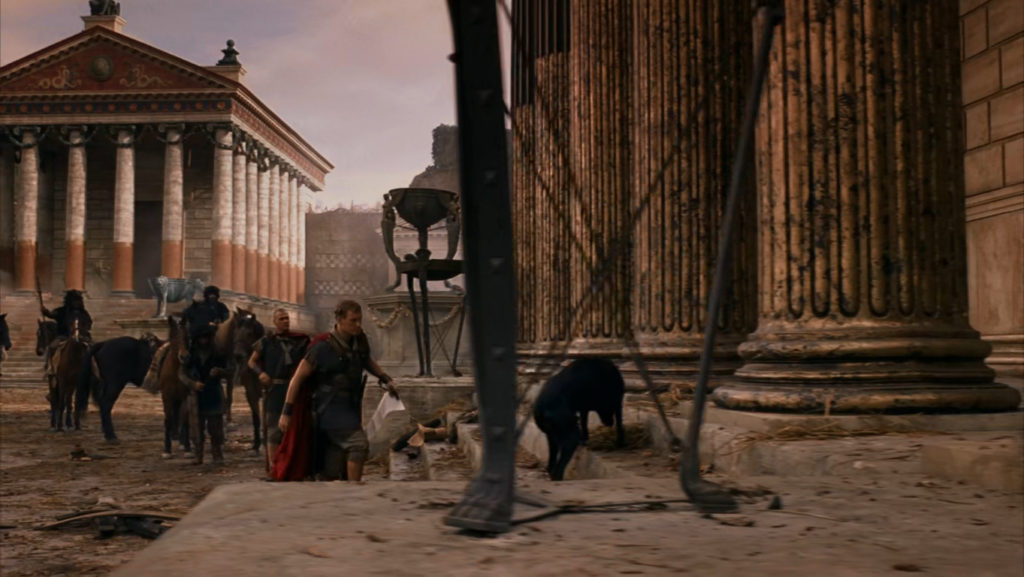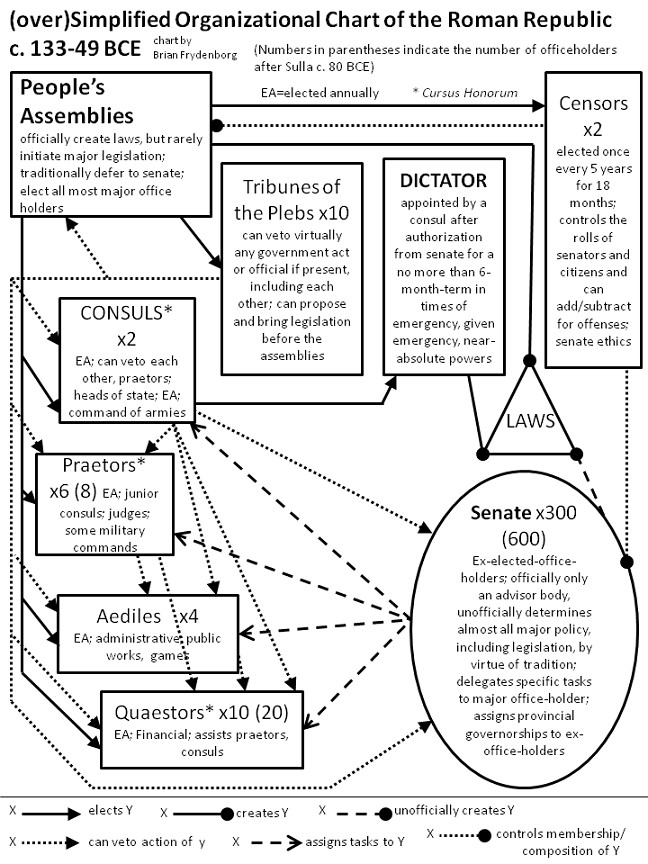Author’s note: as I repost this for Real Context News as Trump enters the third year of his presidency, we are in midst of the longest government shutdown in U.S. history, one lasting already over a month. My below analysis is still deeply relevant, sadly: Trump began his first and now second anniversaries of taking office mired self-inflicted shutdowns.
*****
Though I originally published this article in the fall of 2013 during America’s last government shutdown, it is a sad measure of how little progress has been made that I can repost this piece today to explain relatively unchanged dynamics leading to such a debacle. We can just substitute Trump, Tom Cotton, and the Tea Party’s offspring, the Freedom Caucus, for the likes of Ted Cruz and the Tea Party and substitute the issues of DACA children migrants and immigration for the debt ceiling and budget cuts. Even if a shutdown is averted, the dynamics of partisan brinksmanship are alive and well and threaten America’s republic just as they threatened (and destroyed) the Roman Republic.
Published on LinkedIn Pulse January 19, 2018
By Brian E. Frydenborg (LinkedIn, Facebook, Twitter@bfry1981) January 19th, 2018; originally published October 3rd, 2013, with the title “In Government Shutdown, Ted Cruz and Tea Party Are Lucky We’re Not Living in Ancient Rome” by then-PolicyMic, now Mic.
UPDATE 12:04 AM Jan 20th, 2018, the one-year anniversary of Trump’s inauguration: the government is now in a shutdown.

HBO. Rome’s forum—the equivalent of Washington, DC’s national mall—dirty and largely empty, closed for business during one of its many government shutdowns before the fall of the Roman Republic’s democracy.
AMMAN — As someone who’s written about ancient Roman history, I find these repeated Tea-Party-initiated shutdown and default crises amusing when, knowing that American troops might very well have their pay and benefits threatened, I think of how Roman legionaries would have reacted in similar situations and smile a bit thinking of Ted Cruz running through the streets of Washington with Roman troops in hot pursuit.
Contrary to popular belief, our Founding Fathers did not base our Constitution on the British constitutional monarchy, but on the Roman Republic. There were many historical and cultural similarities: from 509-49 BCE, the Roman republic functioned with a government based on popular sovereignty, with a deliberative legislative body called the Senate, with the people voting both for major office holders annually and yes-or-no on legislation coming from the Senate. Rome’s system was one of checks and balances, divided power, and compromise. The Republic needed its parts to cooperate, and the support of the people, to do much of anything.

Sound familiar?
And because of this superior system (so argued the ancient Greek historian Polybius), Rome came to dominate the Mediterranean world with it citizen-soldiers. But with amazing success came obscene corruption and partisanship, and from 133 BCE, after the first political violence in Rome since the early days of the Republic, Rome experienced
Obstructionist (mostly) self-interested conservative elites — optimates — took on a group of (often) self-interested populist reformers —
Roman veterans were often left to languish in poverty or limbo by the conservative optimate-dominated Senate, fueling support for a major rebellion in 62-63. Even the most famous general of the day, Pompey “Magnus,” was rebuffed when he advocated for his own veterans. Julius Caesar, himself one of the moderate
An extreme member of the
Yet legionaries lining courts and public areas in Rome under a sole consul was not at all the way the Republic was supposed run. Cato and the optimates still hated Caesar so much that over the next few years they made clear to him that they would never let him rest and would do everything they could to drive him to ruin, including prosecution and exile. It was easy for Caesar to convince his soldiers that the Senate did not have the interests of them or the people of Rome in mind, that a mad faction had hijacked the Roman state and needed to be swept aside.
After Caesar crossed the Rubicon in January 49, a new civil war erupted in which many senators were killed, and
So when you say, “That couldn’t happen to America today!” realize that mass political violence, Roman armies marching on Rome, and government shutdowns had all either never happened or hadn’t in centuries, and were all unthinkable to Romans living before they actually happened; escalation begets escalation. That is what is so disturbing about the Tea Party today: its members’ willingness to do anything
Learn your history, Tea Party.
© 2018 Brian E. Frydenborg all rights reserved, no republication without permission, attributed quotations welcome
Check out my related book chapter:
The Roman Republic in Greece: Lessons for Modern Peace/Stability Operations (Chapter 10 in Global Leadership Initiatives for Conflict Resolution and Peacebuilding)
See related articles:
Redistricting at Heart of DC Dysfunction: Gerrymandering Making Politics More Partisan
Caesar & the Politics of the Fall of the Roman Republic: Lessons for USA Today
If you appreciate Brian’s unique content, you can support him and his work by donating here.
Feel free to share and repost this article on LinkedIn, Facebook, and Twitter (you can follow him there at @bfry1981). If you think your site or another would be a good place for this